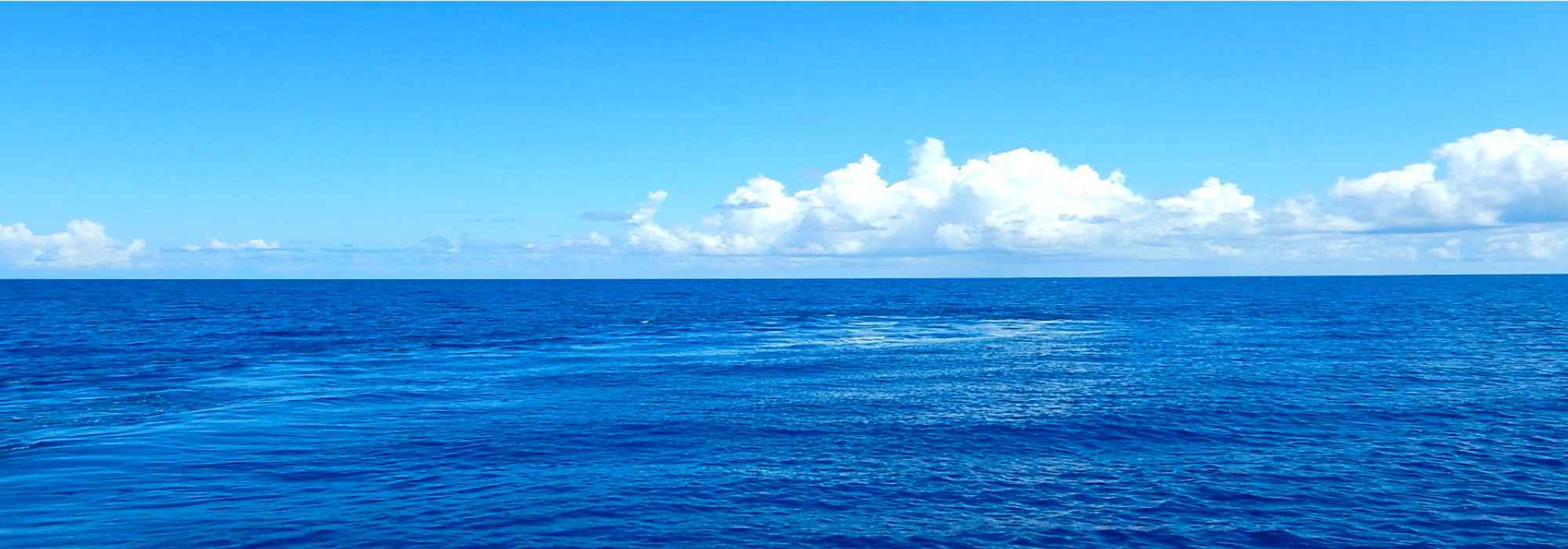Nature > Weather
31 Entries
Tuvaluan
日本語/English
Notes
vaiua
n.
rain
名
雨
山がなく、川もないツバルには真水がないため,雨が貴重な生活用水となる.各家庭に雨水タンクが設置されており,貯水して利用する.{Ko to te vaiua}. 雨が降っている.[参] ua2.
to
v.
fall, drop down
動
1. 落ちる;倒れる
fall (of rain)
2. (雨が)降る
Ko to te vaiua. It rains.
to ki lalo:倒れる.Ko to te vaiua. 雨が降っている.


